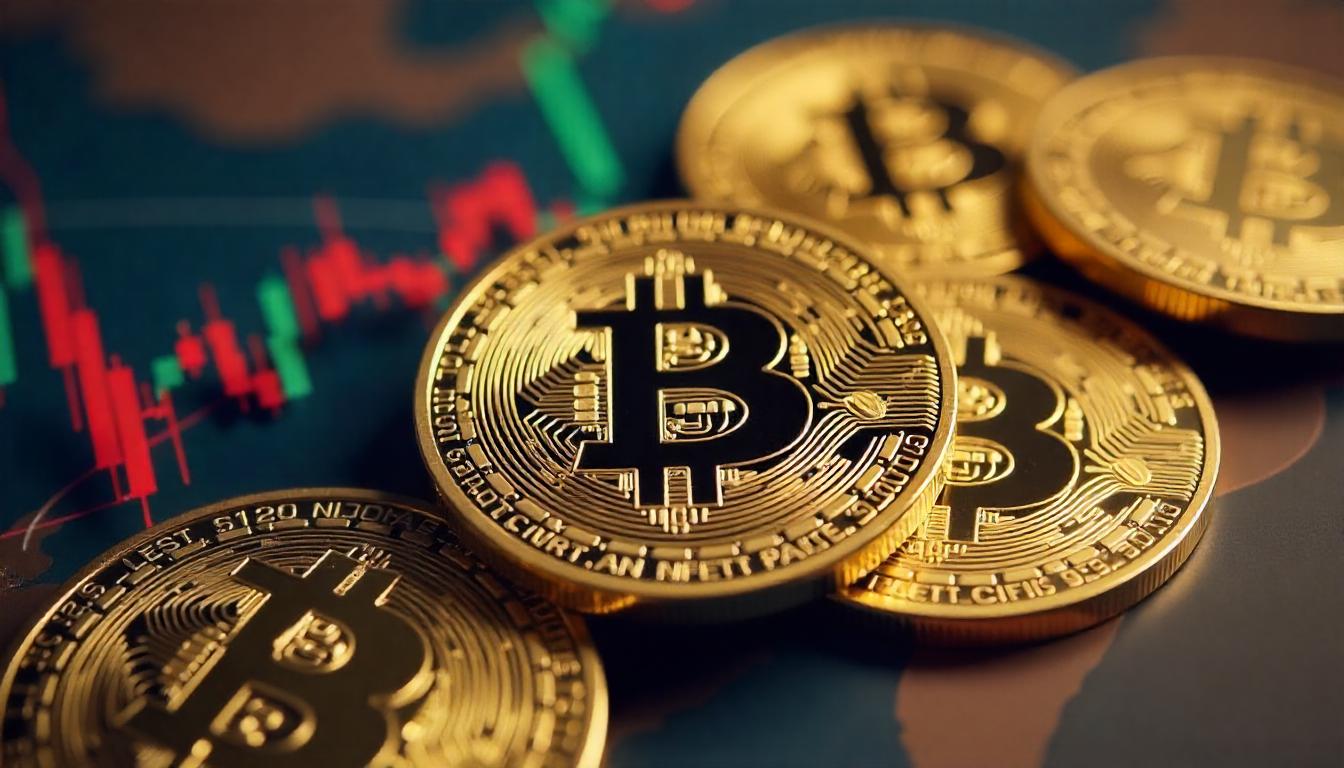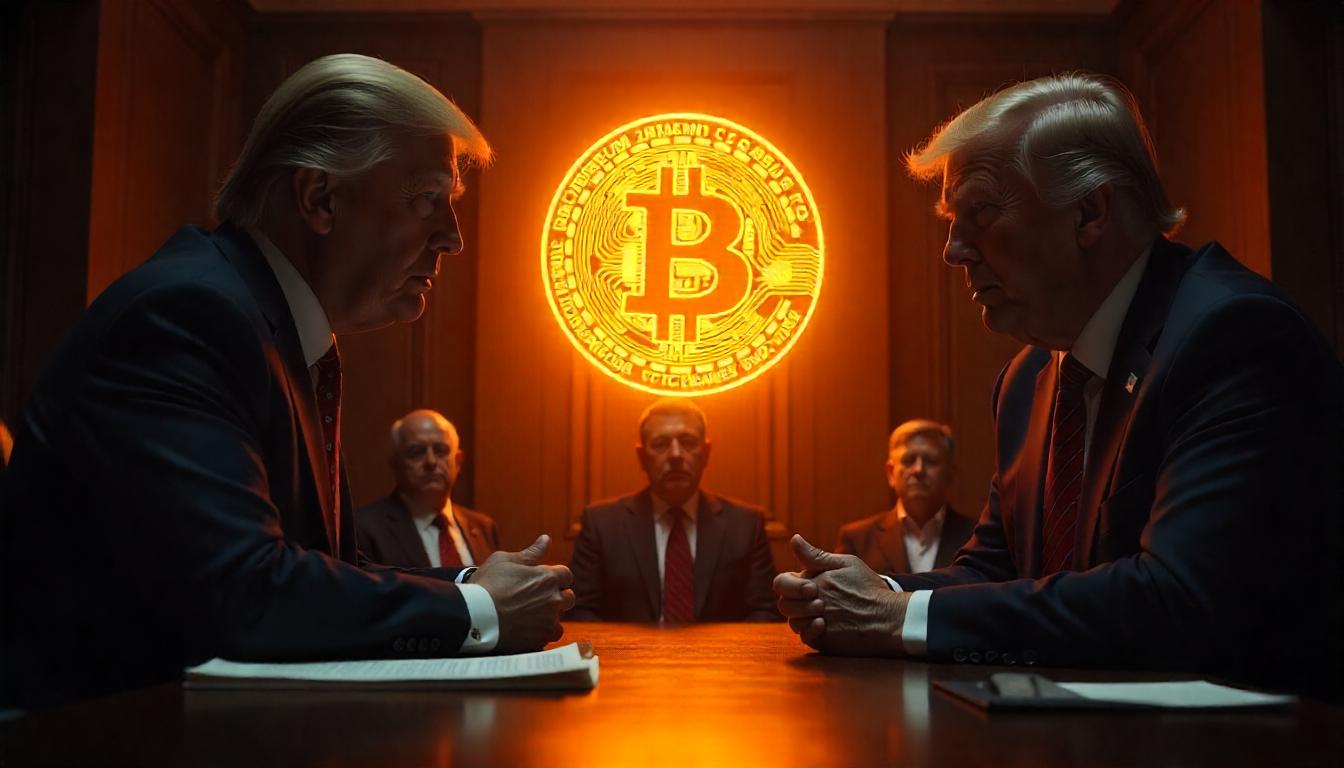The U.S. government’s holdings of over 208,000 bitcoin, worth roughly $19 billion, raise the question of whether it will move forward with establishing a formal bitcoin reserve. However, whether this will happen depends largely on how the term “reserve” is defined and the approach taken.
One potential plan is for the government to simply stop selling the bitcoin it already holds, a proposal initially suggested by former President Donald Trump in his Nashville speech. Alternatively, the U.S. government could take a more active role in acquiring bitcoin, following the advice of Senator Cynthia Lummis and Robert F. Kennedy, who have both advocated for the government to purchase substantial amounts of bitcoin.
The U.S. Treasury currently holds 208,109 bitcoin, mainly seized through criminal forfeiture. Historically, the government has sold these bitcoins in periodic auctions, but Trump’s idea would involve the government holding onto 100% of the bitcoin it possesses or acquires moving forward.
While this idea may seem simple, there is no formal process in place to make it a reality. Establishing such a reserve would likely require coordination between multiple government agencies, including the Department of Justice, U.S. Marshals Service, and the U.S. Treasury.
“There is no clear policy on this,” said Perianne Boring, CEO of The Digital Chamber, a crypto advocacy group. “We’re really just relying on a vague speech instead of a concrete plan. Can agencies move bitcoin between them? It’s unclear.”
Boring further suggested that if the government intends to use bitcoin as a strategic reserve, it may need congressional approval, particularly if bitcoin is transferred between departments like the Department of Justice and the Treasury. The extent to which the president can act independently in this matter remains uncertain.
Moish Peltz, a partner at Falcon, Rappaport & Berkman, offered a more nuanced view, saying that the rules governing seized bitcoin could vary depending on how the bitcoin was obtained. Some portions of bitcoin may require an act of Congress to be officially designated as a reserve asset, while others may not.
Creating a bitcoin reserve could be a gradual process, according to Peltz. The government’s experience in seizing and managing large amounts of bitcoin suggests that such a reserve could be technically feasible. Over time, as regulatory clarity emerges and legislation is passed, the government could potentially expand its digital asset strategy.
While holding onto existing seized bitcoin is one approach, Senator Lummis has introduced a more ambitious plan. In a new bill, she proposes that the U.S. government sell a portion of its gold reserves and use the proceeds to acquire 1 million bitcoin. At current market prices, this would cost roughly $90 billion, though the government would likely need to act swiftly to make the purchase if the bill becomes law.
Peltz noted that while an executive order could begin the process, large-scale financial commitments typically require congressional action to establish the legal framework for such a move.
Boring expressed optimism about the bill’s prospects, particularly with Republicans set to control both the Senate and the House. “It’s definitely possible,” she said, though she acknowledged that it might take longer than 100 days for the bill to pass.
However, Nic Carter, partner at Castle Island Ventures, cast doubt on the likelihood of the bill passing soon. He pointed out that current congressional priorities in the crypto space focus on stablecoin regulation and other issues such as Operation Choke Point 2.0. “The strategic reserve didn’t come up in any of my conversations,” he noted on X.
Could the U.S. government bypass Congress and directly purchase bitcoin without legislative approval? Zack Shapiro, head of policy at the Bitcoin Policy Institute, proposed a creative solution: using the Exchange Stabilization Fund (ESF) to acquire bitcoin through debt instruments. This would allow the Treasury to gain bitcoin without directly purchasing it on the open market, avoiding any potential market disruptions caused by large-scale purchases.
Predicting whether the government will establish a bitcoin reserve is difficult. Currently, Polymarket traders assign a 30% probability that the U.S. government will hold bitcoin reserves between January and April 2025.
Can a Strategic Bitcoin Reserve Be Established Without Congressional Action? Experts Offer Mixed Opinions.





